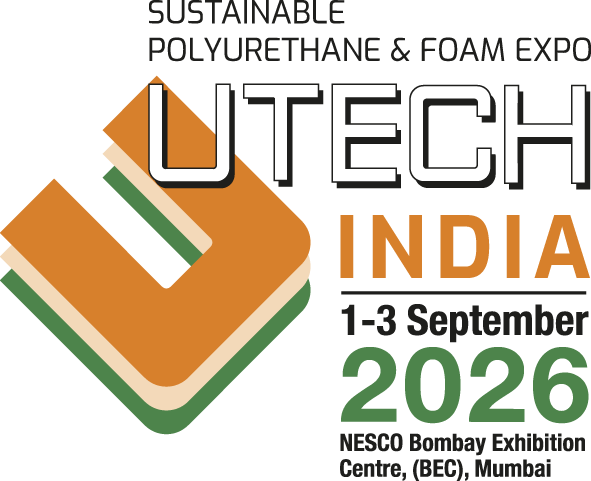New market report for Polyurethane Chemicals and Products in Asia Pacific

Overall PU Production
- Total Output: 13.28 million tonnes in 2024 (↑2.5% YoY).
- Top Growth Countries:
- India: ↑9.5% (rigid insulation, flexible foams)
- Indonesia: ↑8.4% (construction, EV industry)
- Moderate Gains: Philippines, Malaysia, South Korea, Vietnam
- Decline: Thailand ↓3.5% (automotive, real estate slowdown)
- China: Largest producer (9.9 million tonnes, ↑2.1%); faces substitution in rigid foam.
Future Outlook
- 2025 Growth Leaders: India (↑10.1%), Indonesia (↑8.7%)
- Expected Decline: Pakistan and Thailand
- Regional CAGR (2025–2030): ~4.5%
PU Production by Product – 2024
Flexible Foam
- Output: 2.6 million tonnes (↑2.1%)
- China: 87% of East Asia’s output
- India: 478,000 tonnes (↑8.7%)
- Growth Segments: Slabstock (72%), moulded foam (↑8.7%), polyester foam (↑4.7%)
Rigid Foam
- Output: 2.6 million tonnes (↑2.9%)
- China: 73% share
- SEA/Oceania: ↑5.3% (notably Indonesia)
- South Asia: ↑5–10%, led by India
- Medium-term CAGR: 3–4%, mainly driven by refrigeration
Elastomers
- Output: 5.1 million tonnes (↑3.9%)
- China: 86% share; East Asia: 4.7 million tonnes
- Top Uses: Synthetic leather (45%), TPU (↑7.1%), spandex, footwear
Coatings
- Output: 1.84 million tonnes
- China: 83% of East Asia’s production
- Key Markets: Wood/furniture (32%), construction, marine, automotive
- Challenges: High raw material prices, slow adoption in South Asia
Adhesives & Sealants
- Output: 1.04 million tonnes (↑3.7%)
- Main Uses: Flexible packaging, footwear
- Growth Regions: Vietnam, Indonesia, Malaysia, Philippines
- India: 95% of South Asia’s output
Binders
- Low Volume: Slight regional decline (↓0.5%)
- India: Strongest growth (↑9.4%) in foundry binders
- China: Decline due to weak furniture demand
- Japan: Largest overall producer
Key Drivers & Trends
- Urbanization, cold chain growth, EV manufacturing, and sustainable construction
- Product substitution (e.g., mineral wool replacing PU in construction)
- Price sensitivity in SEA, environmental regulations in Japan
- Uneven recovery in rigid foam (pandemic-related impact in East Asia)
- Rising demand in adhesives, footwear, and refrigeration segments
(Source:pu-magazine.com)
The materials world is moving fast—and if you’re in PU, foam, adhesives, or insulation, you’ll want to keep up. From thermal tech breakthroughs to greener foam formulations, this update brings you a snapshot of what’s shaping the sector right now.
Stay ahead. Stay informed.
